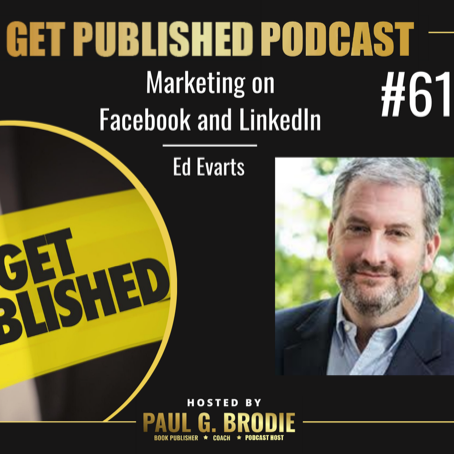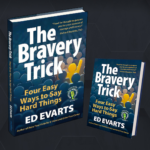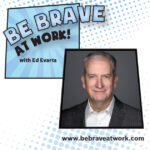
by Ed Evarts | Aug 26, 2020 | Interviews
Ed was recently a guest on the Get Published Podcast! Listen in as host Paul G. Brodie talks with Ed about how to market on LinkedIn and Facebook with pocket items. ~~~~~~~ Drive Your Career: 9 High-Impact Ways to Take Responsibility for Your Own Success...

by Ed Evarts | Dec 5, 2019 | Reputation, Visibility and Value
Another reason networking while employed and performance appraisals are becoming increasingly ineffective is the explosive growth in professional transparency. As recently as seven years ago, unless the subject of your search was your favorite movie star, rock star,...

by Ed Evarts | Jun 18, 2019 | Reputation
Your reputation is built on a never-ending series of choices that you make every day. And in today’s transparent and frenetic organizations, your choices are seen by more of your colleagues, and faster than ever before. Today’s ever-changing organizations demand that...

by Ed Evarts | Apr 4, 2019 | Participation, Visibility and Value
There are a number of reasons to attend industry association events And identifying talent is just one of them, as Chief Executive Officer of the Northeast Human Resources Association, Tracy Burns, knows firsthand. “It is very clear to me that the key differentiator...

by Ed Evarts | Aug 14, 2018 | Reputation, Visibility and Value
Even another reason networking while employed and performance appraisals are becoming increasingly ineffective is the explosive growth in professional transparency. As recently as seven years ago, unless the subject of your search was your favorite movie star,...










